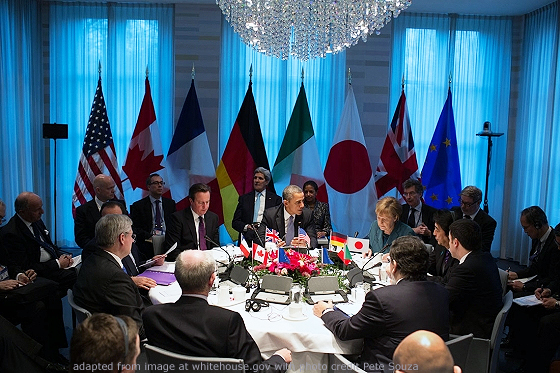Growing Russian Sympathy for West a Bigger Problem for Kremlin than Regime’s Declining Ratings, Shevtsova Says

(Paul Goble – Window on Eurasia – Staunton, August 4, 2018)
According to a new Levada Center poll, 68 percent of Russians do not want to live in “‘a besieged fortress’ and fight with the West but instead want to a rapprochement with the West, a change in attitudes with more far-reaching consequences than the declining popular ratings of Vladimir Putin and his regime, Liliya Shevtsova says.
Ratings can be played with and “protests neutralized” as long as the Russian people are prepared to live “in a military camp. But if the majority of the population doesn’t want to go there and are tired of militarism,” then the threat to the regime is much greater, the Russian political analyst says (echo.msk.ru/blog/shevtsova/2252528-echo/).
Judging by everything, she continues, “Russians understand that the confrontation of Russia with the West is a means of distracting them from their internal problems and the inability of the [current] powers that be to solve them.”
But what is especially striking, Shevtsova says, is that “Russians are talking about seeking normal relations with the West despite Western sanctions,” something that underscores that “these sanctions have not consolidated the people around the Kremlin as many had expected.”
Instead, Russians can see that these sanctions are targeted not at them but at their leaders.
In the eyes of the Russian people, the Kremlin has suffered failure on several fronts at once. Its foreign policy has backfired in that Russians can see that they are the losers from a policy proclaimed as necessary to their well-being. And its efforts to convince Russians that the West is their enemy have not been successful either.
This must be cause for concern in the Kremlin, and what is the most disturbing aspect of that is that “our system cannot reform itself, it cannot turn away from its own favored means of survival, that is, from the search for a foreign enemy who creates internal ones. Autocracy does not have any other notion.”
And this means that Putin and his regime “will seek a way to return the population to the state of aggressiveness and hostility to the liberal world.” The Kremlin will have to do this quickly lest the Russian people finally turn on the regime, and it will thus put out more “mythical threats” that require Russians to put up with opposing that which they don’t want to oppose.
This “attempt to return Russia to an anti-Western place will be a new test for the people, a test of its good sense and ability to recognize political games,” Shevtsova concludes. “Let us mot underestimate the [Russian] people.”
